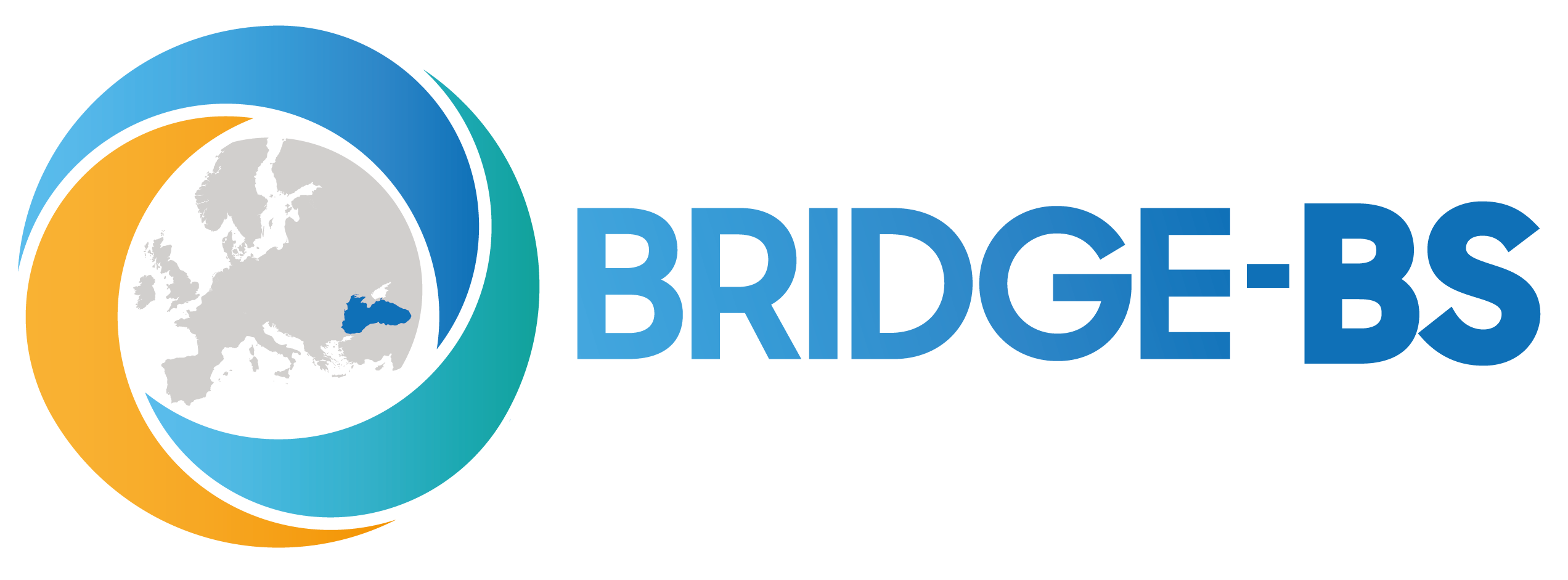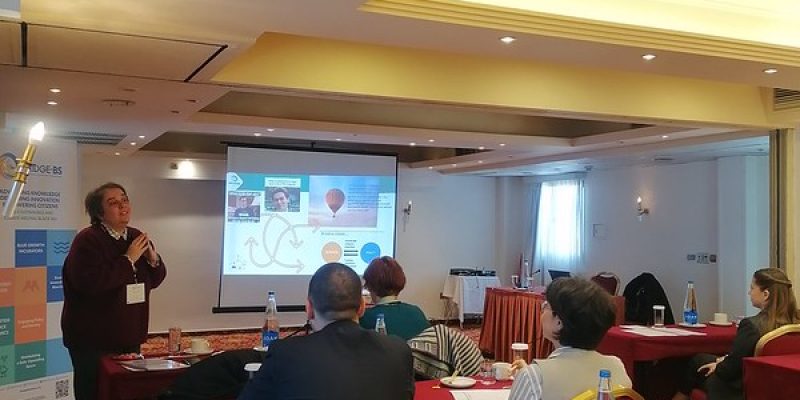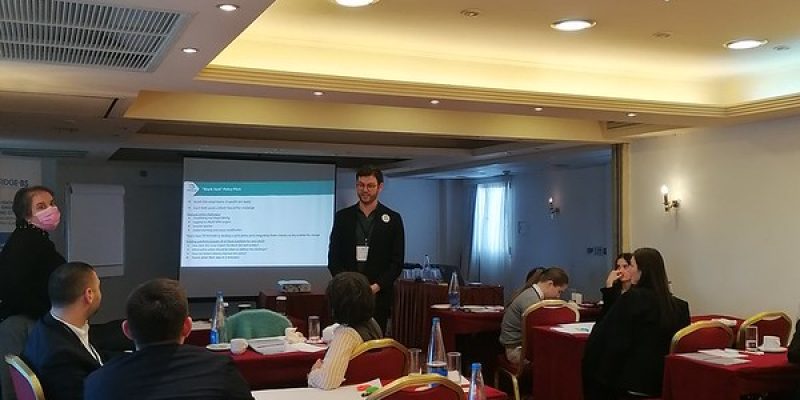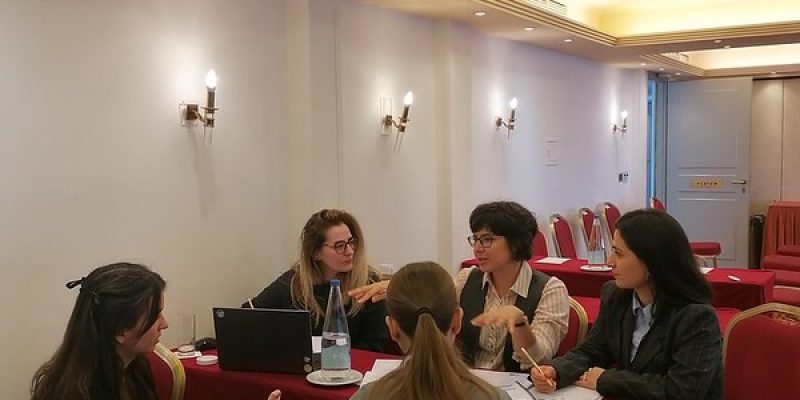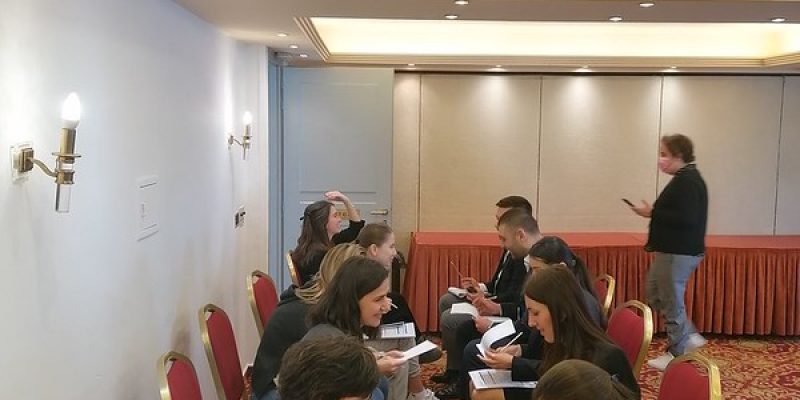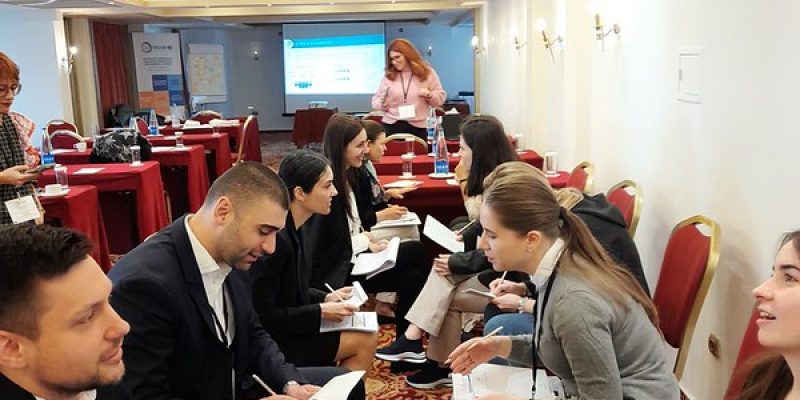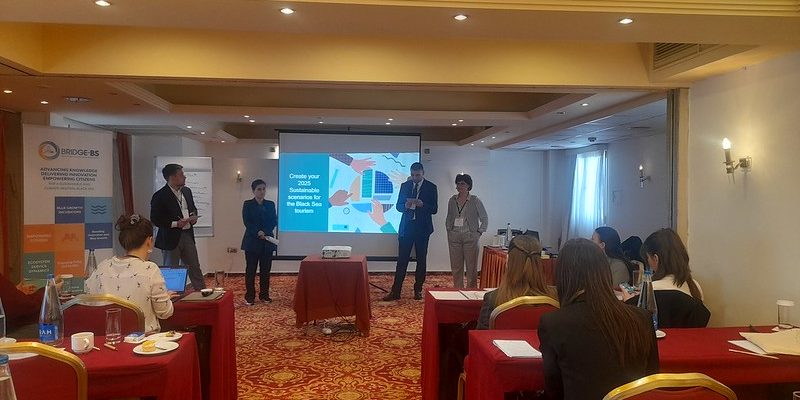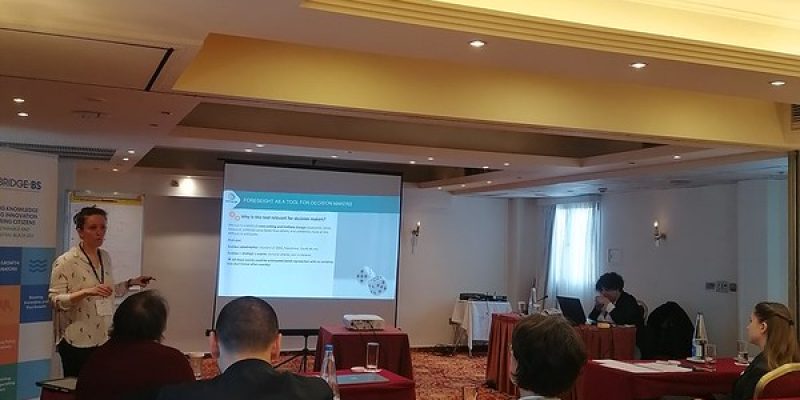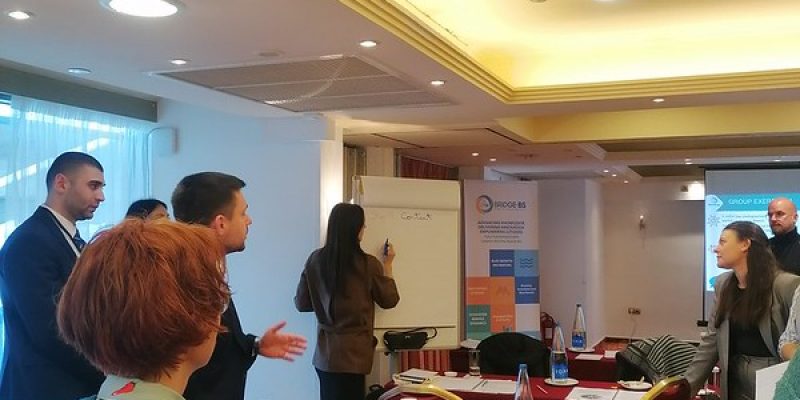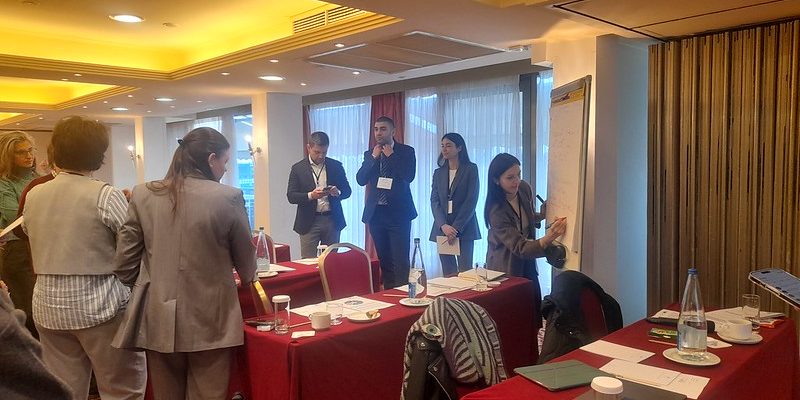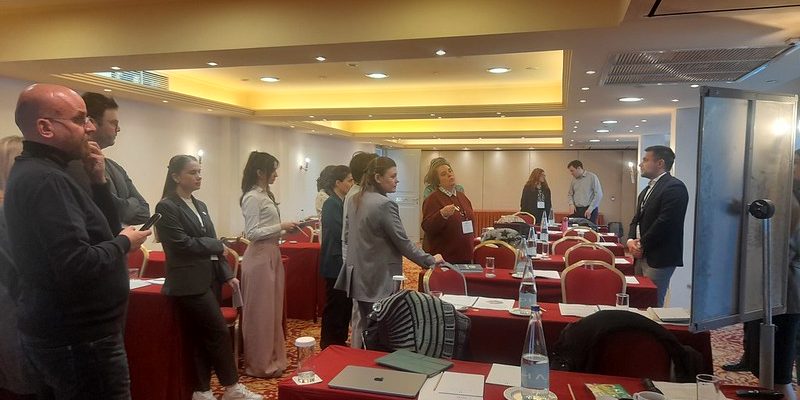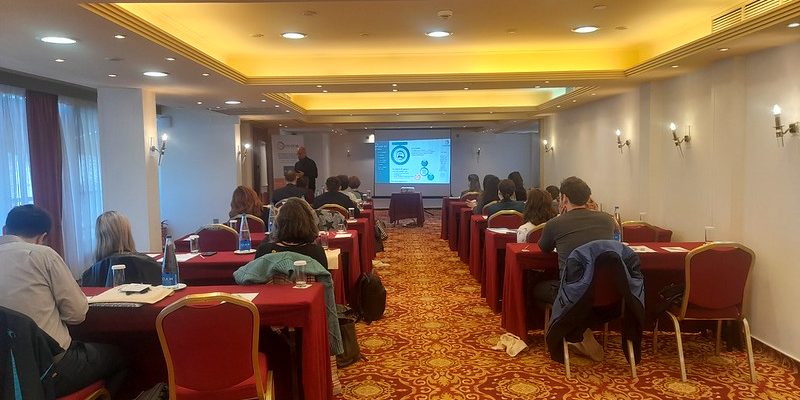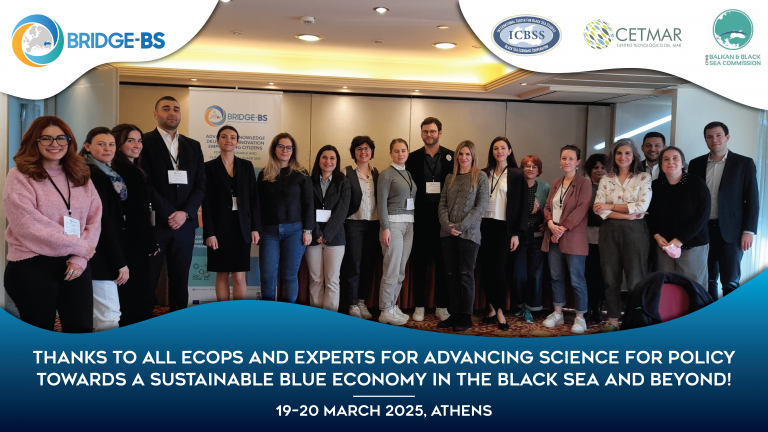
BRIDGE-BS Winter School, "Science for Policy Towards a Sustainable Blue Economy in the Black Sea," was successfully held!
On 19–20 March 2025, the BRIDGE-BS Winter School “Science for Policy towards a Sustainable Blue Economy in the Black Sea” was successfully held in Athens, Greece. Organized by the International Centre for Black Sea Studies (ICBSS) in collaboration with the CPMR Balkan and Black Sea Commission (BBSC CPMR) and the Technology Centre of the Sea – CETMAR Foundation (CETMAR), the event brought together 22 participants, including five young diplomats and five early-career researchers from Black Sea countries (Bulgaria, Georgia, Moldova, Romania, Türkiye, and Ukraine).
Designed as an interactive training workshop, the Winter School aimed to strengthen the science-policy interface, providing participants with the necessary skills for effective communication and collaboration between policy and science to improve the relevance and applicability of research in policy development. Over two days, the BRIDGE-BS Winter School included five dynamic sessions featuring expert talks, group exercises, and a foresight simulation game, led by facilitators Ms. Georgia Chantzi (ICBSS) and Ms. María Pérez (CETMAR).
Key Outputs of the BRIDGE-BS Winter School:
- Enhanced Understanding of Science-Policy Synergies – On the first day, participants were introduced to the BRIDGE-BS project, which promotes science-policy synergies in the Black Sea region. Prof. Mustafa Yücel, BRIDGE-BS Co-coordinator, shared insights into the project’s approach to tackling regional sustainability challenges.
- Scenario Simulation Game – Led by Ms. Émilie Riclet (Stratégies Mer et Littoral, SML), an interactive scenario simulation game allowed participants to assess governance and innovation pathways. The game was based on the “2050 Sustainable Blue Economy Imaginaries for the Black Sea” report, which presents four potential future scenarios influenced by governance and innovation.
- Practical Application of the Policy Cycle – Key sessions, led by Ms. Georgia Chantzi (ICBSS), Mr. Stavros Kalognomos (CPMR BBSC), and Ms. María Pérez (CETMAR), explored the stages of the policy cycle and highlighted opportunities for collaboration between science and policy.
- Expert Insights on Stakeholder Engagement – Ms. Lydia Papadaki (ATHENA RC, H2020 DOORS Black Sea project) delivered a session on stakeholder engagement methodologies, providing valuable expert perspectives on the outcomes of these efforts.
- Development of Communication Skills and Ocean Literacy – To enhance participants’ ability to communicate scientific knowledge effectively, Mr. Aleksandre Gogaladze (EMSEA) emphasized the importance of ocean literacy for sustainability and introduced the first-ever Black Sea Ocean Literacy Network, developed under BRIDGE-BS.
- Capacity Building for Early-Career Professionals – The Winter School provided in-depth training for young diplomats and researchers from Black Sea countries, focusing on science-policy interactions and evidence-based policymaking.
The event concluded with a certificate ceremony, led by Mr. Stavros Kalognomos (CPMR BBSC), celebrating participants’ commitment to advancing science-based policymaking for the Black Sea.
